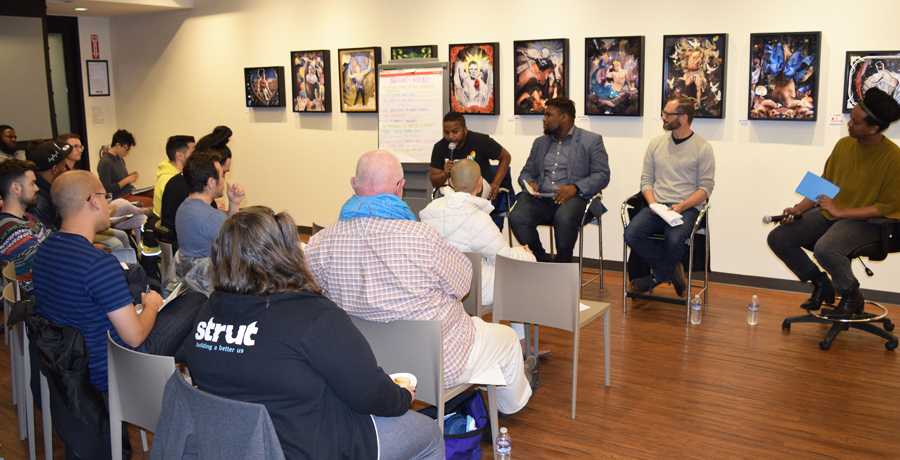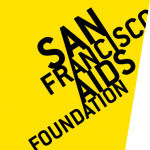1. Racism within the LGBTQ community
In 2018 Stonewall
revealed that 51 per cent of BAME LGBT people reported having experienced racism in the LGBT community. This number rises to 61 per cent for black LGBT people.
Racism of all kinds is always despicable but experiencing it from within the LGBTQ community can have a particularly negative impact on QTIPOC. In a world still often not accepting of LGBTQ people, QTIPOC also have to deal with discrimination in the community that should be there to support them. This can lead to isolation, loneliness, and poor mental health, on top of the direct impact of the racism, discrimination and violence they may experience. This is why it's so key that white people are more vocal about challenging racist behaviour within the LGBTQ community, even when QTIPOC aren’t around and when they do not feel able or safe to challenge it themselves.
Often, when QTIPOC speak up about their experiences, they are met with doubts, challenges and defensiveness. It cannot always be the responsibility of QTIPOC to educate others, so it’s important that allies educate themselves, by doing research and listening to QTIPOC voices whenever possible. When someone tries to explain why something is racist, it’s crucial not to become defensive – own your mistakes, biases and privileges, and believe us when we say that it impacts us.
An enduring history of racism in San Francisco’s queer community
Don Romesburg, PhD, professor of women and gender studies at Sonoma State University, shared historical research he did on instances of racism in bathhouses and bars in San Francisco. There were three main findings from his research:
- Racism has been a problem in San Francisco’s gay community, especially since the Castro became a gay neighborhood in the early 1970s, and the problem has not abated over time despite periodic efforts to curb it.
- Periods of activism have provoked tangible changes to specific businesses and practices.
- Businesses in the community have been slow to respond to calls to reform, doing so only by being forced to by bad public relations or loss of revenue.
Romesburg outlined some of the formal and informal campaigns against racially discriminatory practices in gay bars over time—including community response to hiring discrimination, selective identification checking practices, the sale of racist paraphernalia, and more. Romesburg also described the inspiring
change produced by the “And Castro For All” campaign, but said that “the struggle continues.”





